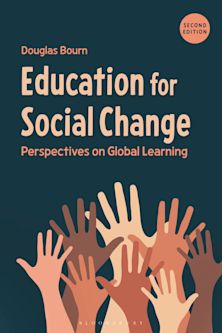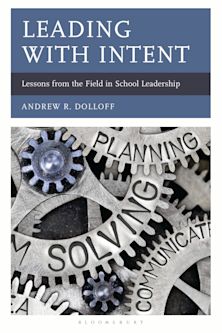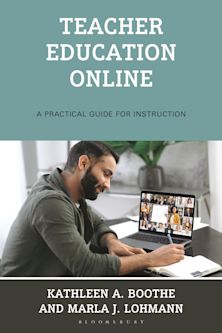- Home
- ACADEMIC
- Education
- Teacher Education
- Getting the Message
Getting the Message
The Wisdom of Listening and Thinking
Getting the Message
The Wisdom of Listening and Thinking
This product is usually dispatched within 1 week
- Delivery and returns info
-
Free CA delivery on orders $40 or over
You must sign in to add this item to your wishlist. Please sign in or create an account
Description
Society today is fragmented. There are frequent examples of harsh and abrasive discourse in social, employment, personal, and political settings. Name-calling, conceit, and vulgarity are frequently used in social media, and other forms of social interaction and discussion.
Communication is a critical issue in today’s society. We live in a technological time with the means to easily contact people. However, the quality and effectiveness of communication is problematic: real connections with others require understanding and insight into them and their thinking. That is the purpose of true communication. Individuals must understand the content and intent of communication. The missing link in quality and effective communication is listening. Everyone wants to be heard, but they fail to realize that all parties must listen. Listening is an essential skill and is more than simply hearing.
Communication is essential in all facets of life because it concerns not only the physical process of talking and listening, but also emotional and psychological concerns and ethics. The nature of the conversation brings expectations and either opens or closes doors to further communication.
Table of Contents
Chapter 1: Democracy
Chapter 2: Communication
Chapter 3: Ethics
Chapter 4: Listening
Chapter 5: Voice
Chapter 6: Active Listening
Chapter 7: Dialogue
Chapter 8: Mindsets
Chapter 9: Thinking
Chapter 10: People
Epilogue: Wisdom and Honor
Product details
| Published | Mar 15 2021 |
|---|---|
| Format | Hardback |
| Edition | 1st |
| Extent | 140 |
| ISBN | 9781475853841 |
| Imprint | Rowman & Littlefield |
| Dimensions | 237 x 163 mm |
| Publisher | Bloomsbury Publishing |
About the contributors
Reviews
-
Educator Goens focuses on how communication is made up of two parts: speaking and listening. Both are vital in making a connection, but the onus seems to fall on the listener. Interchanges come in many forms, including instruction, discussion, music, and face-to-face or digital conversations. The key ingredient in every exchange must be mutual respect, which is all too often missing in today’s interactions. Goens approaches the problem by delving into the importance of the ethics, voice, and mindsets of both the speaker and the listener. A listener’s preconceived notions can limit his or her receptivity; a speaker’s attempts to make his or her point may result in failing to listen to the other person. In a true dialogue, parties may not come to an agreement, but they will feel recognized and understood. Goens challenges readers to examine their assumptions, biases, and primary beliefs and make the effort to come to a discussion with an open mind and a respectful manner. Conversations in politics, social media, and family gatherings can only be made better by Goens' methods.
Booklist
-
In this disharmonious world, Getting The Message, artfully illustrates our societal failings highlighted by our inability to truly listen to messages being hurled at us through what seems to be an unending stream of information resources. Goens carefully explores the impacts and processes it takes to process a message and its intent. This book serves as a training manual to understand the perils of not truly hearing a message and provides a path to better one’s ability to understand information.
Adam S. Rinko, municipal director of emergency management
-
George Goens has given us a healing message for all times, but one that is uniquely positioned to enlighten us in times of crisis that heighten our hunger for meaningful communication. Goens acknowledges the inadequacy of language alone to communicate; he opens us to the power of the non-verbal to hear the total message. In his understanding, this is not a passive act. Deep listening can take us into new territory, perhaps challenging us beyond our comfortable filters and gifting us with new insights.
Emmy Theisen, Educator
-
An excellent book on a topic we all take for granted. From Mortimer Adler to Ellie Wiesel the author cites historians and others that have demonstrated that listening is more than hearing and is a critical part of communication that is rarely taught.
Carlton Moody, retired superintendent of schools

ONLINE RESOURCES
Bloomsbury Collections
This book is available on Bloomsbury Collections where your library has access.



































